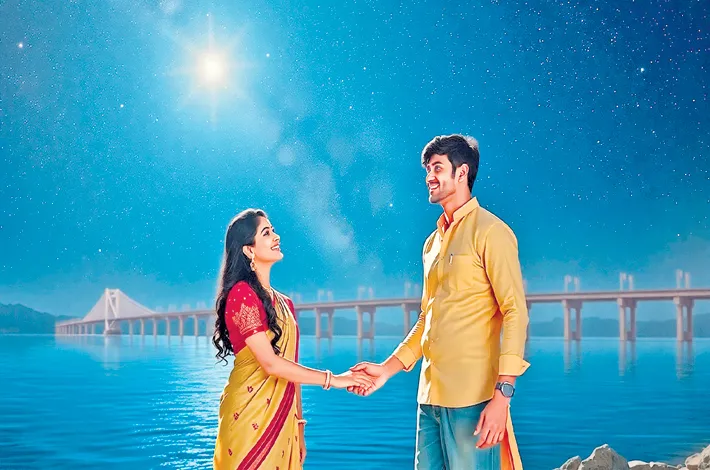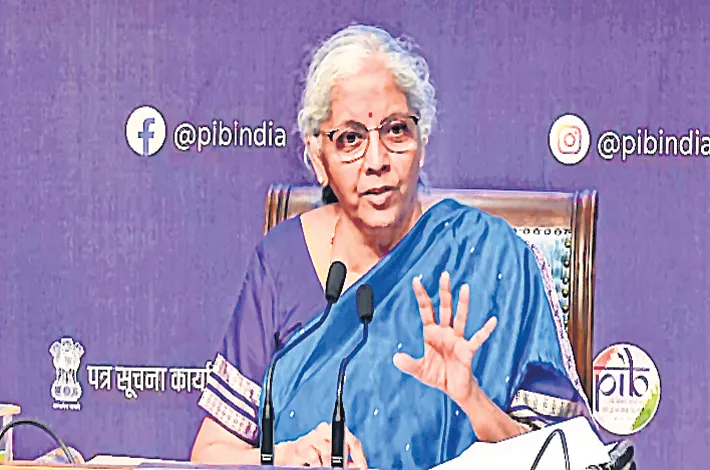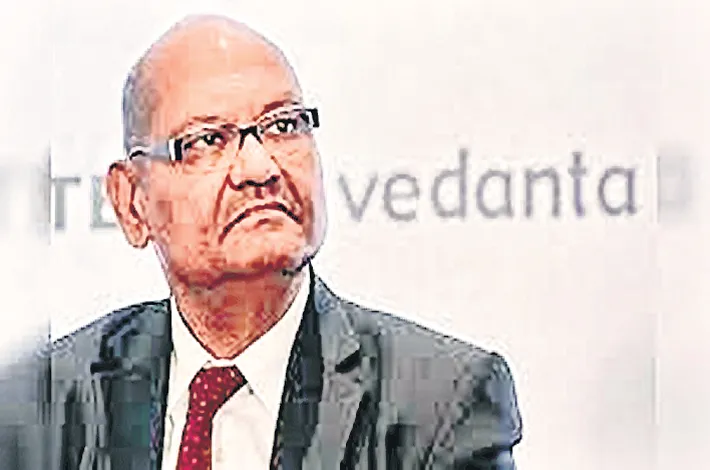The Debt of Love
05-09-2025 12:00:00 AM

In the bustling town of Vijayanagar, where the scent of jasmine mingled with the clamor of market vendors, lived Madhavi, a spirited young woman with dreams as big as the Krishna River. Her father, Ramayya, was a kind-hearted but perpetually indebted merchant, whose knack for borrowing money was only matched by his knack for losing it. Their modest home was a revolving door of creditors, each visit tightening the noose around Ramayya’s pride.
Madhavi, however, had a secret that kept her heart alight: she was in love with Raja, a charming engineer who had returned to Vijayanagar to oversee the construction of a new bridge. Raja’s easy smile and earnest eyes had captivated her during a chance meeting at the town’s annual fair, where he had won her a clay doll by tossing rings with uncanny precision. Their stolen moments by the riverbank, under the shade of banyan trees, were filled with laughter and promises of a future together. But there was a catch—Ramayya had promised Madhavi’s hand to the wealthy but pompous Manohar, whose loans kept their family afloat.
One sweltering afternoon, as Madhavi helped her mother sort lentils, a letter arrived from Manohar’s family, demanding the marriage be fixed within a month or the debts be repaid in full. Ramayya’s face crumpled like a wilted leaf. “Madhavi, my child,” he said, voice trembling, “I’ve failed you. Manohar is our only hope.”
Madhavi’s heart sank, but her resolve hardened. She couldn’t marry Manohar, not when her soul belonged to Raja. That evening, she slipped out to meet Raja by the river, her anklets jingling softly against the cobblestones. “Raja,” she whispered, her eyes glistening, “Father’s debts are chaining me to a man I don’t love. I can’t lose you.”
Raja took her hands, his touch steady. “Madhavi, love isn’t a debt to be paid. We’ll find a way. Trust me.” His words were a balm, but the weight of reality pressed hard. Raja, though brilliant, was not wealthy, and his modest salary couldn’t clear Ramayya’s debts overnight.
The next day, inspiration struck Madhavi like a bolt of lightning. She had heard of Manohar’s pride in his intellect and his love for challenges. “What if we outsmart him?” she proposed to Raja, her eyes gleaming with mischief. “Manohar thinks he’s cleverer than anyone. Let’s make him believe marrying me isn’t worth his trouble.”
Raja grinned, catching her drift. “A game of wits, then. But we’ll need a plan as grand as the bridge I’m building.”
Their scheme was audacious. Madhavi, with Raja’s help, would pose as a woman with an eccentric streak, someone so unpredictable that Manohar would reconsider his pursuit. They enlisted Raja’s friend Leela, a quick-witted seamstress with a flair for drama, to spread rumors about Madhavi’s “quirks.” Leela whispered to the town’s gossipmongers that Madhavi had taken to reciting poetry to stray dogs and insisted on eating only food cooked under moonlight. The stories spread like wildfire, and soon, Manohar’s curiosity was piqued.
When Manohar arrived at Ramayya’s home to discuss the wedding, Madhavi greeted him wearing an outrageous outfit—a sari draped haphazardly with mismatched jewelry, her hair adorned with peacock feathers. “Oh, Manohar garu,” she cooed, “I’ve been consulting the stars, and they say our marriage must happen on a Tuesday at midnight, with 108 mangoes as dowry!” Manohar’s jaw dropped, his ledger-clutching hands trembling.
The next day, Raja, disguised as a fortune-teller, visited Manohar’s mansion. With a fake beard and a turban, he warned, “Beware, sir! Marrying Madhavi will bring chaos—her stars are aligned with mischief!” Manohar, already rattled by Madhavi’s antics, began to doubt his choice. The final blow came at a town gathering, where Madhavi staged a dramatic “fainting spell,” claiming she could only be revived by a song sung in reverse. Raja, playing along, crooned a nonsensical tune, and the crowd roared with laughter. Manohar, humiliated, declared he’d rather forgive Ramayya’s debts than marry such an unpredictable woman.
As Manohar stormed off, Ramayya was stunned to receive a letter from him, canceling the engagement and waiving the loans. Overwhelmed with relief, he embraced Madhavi, unaware of her clever ruse. But the victory was bittersweet—Ramayya still needed to approve Raja as Madhavi’s suitor.
That evening, Madhavi confessed everything to her father, her heart pounding. “Father, I love Raja. He’s the one who helped me save our family.” Ramayya’s eyes softened as Raja stepped forward, bowing respectfully. “Sir, I may not have wealth, but I promise to cherish Madhavi and support you always.”
Ramayya, moved by their courage and love, nodded. “You’ve paid a debt greater than money, Raja. You’ve given my daughter happiness.”
Under the starlit sky, by the half-built bridge that symbolized their future, Madhavi and Raja stood hand in hand, their laughter echoing over the Krishna River. The town of Vijayanagar buzzed with their tale—a love that outwitted fate, proving that with a little cunning and a lot of heart, even the heaviest debts could be lifted.








